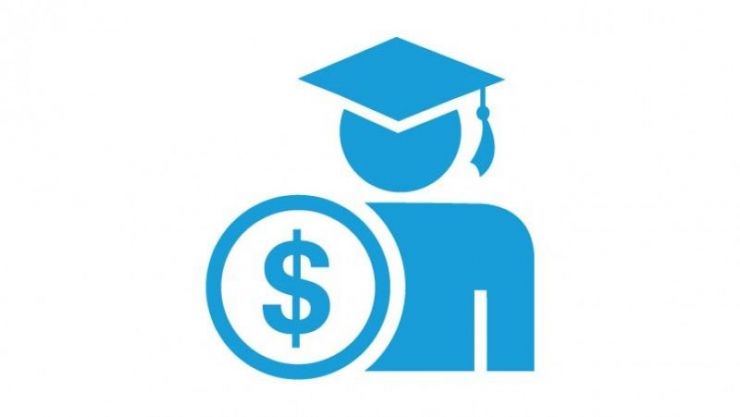
Student loans are the bane of many individuals’ existence. We need an education to land a good job, to make a decent salary and support ourselves. But, in obtaining that education, we rack up so much debt we will spend the first 20 years after school paying off large payments. This affects our ability to do things like buy a house, get married, or have a family. There is only so much take home income in that paycheck.
Let’s add cancer into all of that. Yikes.
When faced with a cancer diagnosis, there are a few programs that can help folks who are struggling with making their loan payments. Let’s define a few important terms and outline programs you may be eligible for during and after cancer treatment.
Deferment
This is an agreement between the student (the borrower) and the lender to delay/postpone payments or to reduce the amount of your payments. During a deferment period the borrower may not be responsible for paying interest that accrues. This is dependent on the type of loan.
New for cancer patients is the Cancer Treatment Deferment. This is a great option for individuals who are going through treatment to defer their loan and interest payments. The deferment is initially 1 year (for treatment period) + 6 months after treatment. However, if your treatment lasts longer than 1 year, you can request an additional deferment with supporting documentation from your healthcare provider. Also, if your cancer returns, you can ask for another deferment while going through treatment again.
Forbearance
This is also an agreement between the borrower and the lender: A forbearance allows you to temporarily pause payments on your loans. However, with a forbearance you are responsible for paying accrued interest on the principal of the loan. There are two kinds of forbearance (1) general and (2) mandatory. Life events that make you potentially eligible for a general forbearance include financial difficulties, medical expenses or change in employment. However, your lender is not required to approve a general forbearance. With mandatory forbearance, the lender is required to give you the forbearance if you meet certain criteria including: being in a medical or dental residency program, being in the National Guard or Armed Services Reserves, being a teacher at an eligible school/agency or if your student loan payments are greater than 20% of your monthly gross income. Learn more about forbearance here.
Forgiveness/cancellation/discharge of debt
In certain circumstances, you will no longer be required to repay your loans. There are some programs for student loan forgiveness that are tied to public service jobs, teaching in low income school districts, personal bankruptcy or death. People with cancer who are totally and permanently disabled are also potentially eligible for discharge of student loan debt. This type of discharge relieves you from having to pay your loans. If you are a cancer patient who is receiving benefits from the VA or social security disability it is likely you will qualify for this discharge. The Department of Education works closely with the Social Security Administration and the Veterans Administration to identify individuals who may qualify for this discharge. You can learn more and find the application forms here.
An important note: these programs discussed above ONLY apply to federal loan programs. Privately issued loans have different rules for deferment, forbearance and forgiveness. It is essential for you to know what kind of loan you have when thinking about your options.
Managing student loan debt can be a great stressor. It’s important to understand the potential assistance programs available to help you manage this source of financial distress during and after cancer treatment. But, programs are out there to make this easier for cancer patients. Your oncology social worker can help you navigate these waters and can advocate for you throughout this process.
Christina is a clinical oncology social worker who joined the OncoLink team in 2014. Christina blogs about resources available to the cancer community, as well as general information about coping with cancer practically, emotionally, and spiritually. Christina is an avid knitter and spends a great deal of time sharing pictures and stories about her three beagles, Linus, Maggie and Huckleberry. She also loves to travel, cook and her Philly sports teams.
Hi,
Just want to let you know that I have brain tumour grade 4 and I have student loan for my three year old graduate still my student loan not sends back all students loan. Is there any chance to make student loan delete or what can I do for solving my problem?.
Thank you.
I would encourage you to contact your loan administrator and let them know about your current situation. It never hurts to ask.
I have been diagnosed with stage 4 prostate cancer that has gone into the bone. I am on 4th round of cancer treatment. Prognosis not good. Can I get my loan forgiven I am on social security.
Harold you should contact your loan management company directly to ask about loan forgiveness.
I’m married, I have Parent Student Loans for my daughter, and I have cancer. If (when) I die does my wife become responsible for my daughter’s loans? Will my daughter become responsible? Or, will the loans be forgiven since I signed the loans and they are in my name?
This will depend a lot on the type of loan and if you were co-signer. Please consult with your lender.